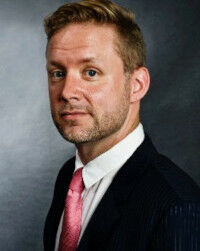Executive MBA or MBA – what is the difference?
Similarities and discrepancies of the two programmes
This is the first part of a mini series in which we take a closer look at the Executive MBA and MBA. Only a small difference in the name of the program can make a big difference for students. To help you make the best choice, we will elaborate on the differences, costs and relevance of the programmes.
What is an Executive MBA?
Executive MBAs originated in the mid-20th century based on requirement to address the specific needs of managers and executives. Unlike the traditional full-time MBAs, Executive MBAs allow students to earn an MBA in two years or less, while still remaining active at work.
What is the difference to an MBA?
As MBA’s originally were scheduled over a one-year period, Executive MBAs, being developed to become a part-time version for busy executives initially gained a reputation of being a watered-down version of a regular MBA. This attitude has changed in recent years with many schools looking at their Executive MBA as the flagship MBA, where practice meets academia. At Henley, very clearly, the Executive MBA is the flagship MBA, targeted at experienced professionals, adding specific electives and insightful international study visits to the US, China, South Africa, Chile and Russia.
At Henley, we consider the Executive MBA as having the additional benefit of being an applied programme. It is a Master’s degree for executives who wish to gain a postgraduate business qualification that will genuinely improve their management practice – through the application of relevant theory and fresh academic thinking.
As the new intakes of the Henley Executive MBA Global progress, we continuously add modern and relevant topics to the curriculum, such as digitalization, innovation and sustainability, partnered with a personal development module that is part of Henley’s DNA and thus regarded as highly transformative by all participants.
Next week we will take a closer look on aspects that should be considered when studying one of the programmes. For any further questions and information, please contact Christoph.Raudonat@henleybschool.de


